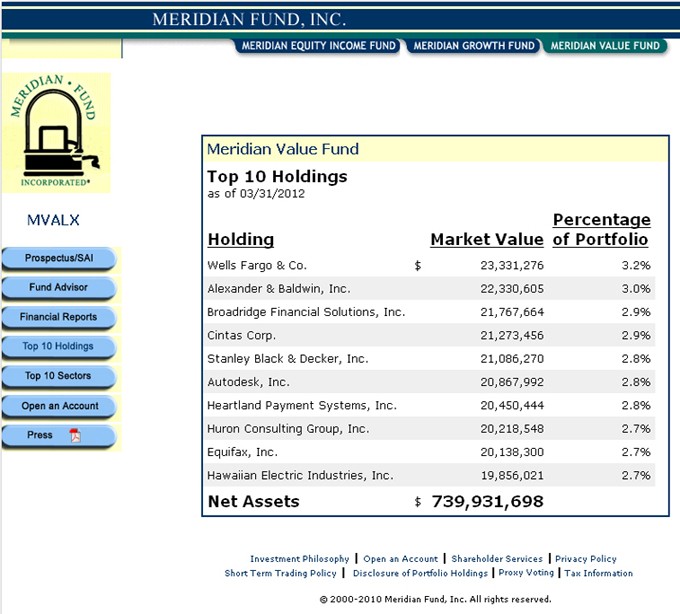Buy REITs for GrowthKiplinger
Post on: 25 Июль, 2015 No Comment

The recent rally of real estate investments trusts is a vote of confidence in the strength and staying power of the recovery.
After watching real estate investment trusts for 25 years, I’ve finally figured out why property-owning REITs always seem to be on the upswing: REITs are a bit like chameleons. When bonds are in favor, investors reward REITs by treating them as if they were bonds. When bonds fade and stocks ascend, the market regards REITs as if they were dividend-paying growth stocks. It’s only when just about everything is tanking, as was the case in 2008, that REITs get hammered.
Strong Gains
This could explain why we’re witnessing yet another sweet REIT advance, despite the apparent end last year of the 30-year-long bull market in bonds. Year-to-date through April 8, an index of property-owning REITs returned 5.6% (the figure includes appreciation and dividends). That’s in line with Standard & Poor’s 500-stock index and much better than just about any slice of the bond universe. REITs returned 7.5% in the fourth quarter of 2010, while Treasury bond prices sank as yields rose. In both 2009 and 2010, the REIT index posted returns of 28%. But that run-up reflected huge gains in apartment REITs and a comeback by troubled REITs, including some that had slashed their dividends and others that had filed for bankruptcy protection.
Given that the average property-owning REIT yields a historically stingy 3.5%, this year’s strong performance appears to have little to do with investors’ quest for high dividends. Yet money is pouring into the sector. The assets of index funds and ETFs that specialize in real estate stocks are growing much faster than the increase in the value of the underlying REIT shares and reinvested dividends.
That could be a sign of overexuberance. But you could also make a case that the rally in property stocks is a vote of confidence in the strength and staying power of the economic recovery. Investors are trying to participate in the recovery, and the environment for commercial real estate is better now, says John Sheehan, a real estate analyst with the Edward Jones brokerage firm.
Advertisement
And you needn’t worry that REITs will swoon as interest rates rise in response to accelerating growth. That’s because REITs aren’t steeped in debt. Brad Case, an economist at the National Association of REITs, says that publicly traded REITs have less debt as a percentage of capital than private investors and developers. Many REITs that do have a lot of debt have recently refinanced at low fixed rates.
Meanwhile, commercial property values, which have rebounded, could have more room to run. Green Street Advisors, a REIT research firm, says that although realty values have climbed 40% from their 2009 bottom, prices remain 15% below precrash peaks. Dividend Capital Research, another industry data source, says that all property categories are recovering except health care (such as properties tied to nursing homes). Those facilities are tipping into oversupply.
I like REITs in a number of sectors. As business conditions improve, more merchandise is manufactured, stored and shipped. That helps industrial-space REITs, such as Duke Realty (symbol DRE ), First Industrial (FR ) and Prologis (PLD ). The creation of more jobs is a plus for office kings, such as Boston Properties (BXP ) and Vornado Realty Trust (VNO ). And top apartment REITs, such as AvalonBay (AVB ) and Equity Residential (EQR ), prosper as vacancies fall, rents rise and more people with high salaries choose not to buy a house. (If you want maximum income, invest in Annaly Capital Management [NLY ], a REIT that trades mortgage bonds and yields 14%.)
Given the breadth of the real estate revival, you can certainly argue for investing through a REIT index fund. Among exchange-traded funds, the best picks are iShares Dow Jones Real Estate Index (IYR ) and Vanguard REIT Index ETF (VNQ ).
Or use Vanguard REIT Index (VGSIX ), the mutual fund version of the Vanguard ETF.














